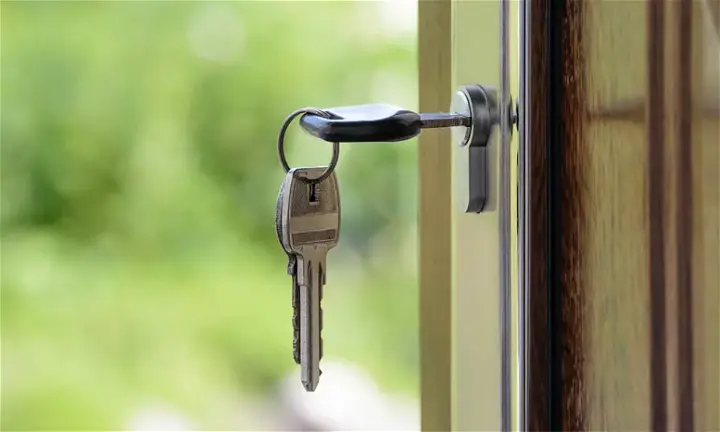
Living with the Elderly
Faced with rapidly rising rent prices many owners are offering accommodations in their homes in exchange for the completion of services. This style of accommodation lets tenants save money on rent as well as lets landlords save money on paying for the services they need to see completed. It’s a win-win for everyone.
Types of Services The owner of a home may decide not to charge a portion of the rent no rent to a tenant who can help in daily tasks such as child care, help with homework, cleaning, cooking or aid to people with disabilities or the elderly. In return, the tenant has their own chamber within the housing and personal space. In cities where rents are very expensive as London, this practice is experiencing a sharp increase. The demand for places to stay is high and there are many people looking for services to be completed.
This is completely legal, however, it is always preferable to have a contract/lease organised with a start date and an end date. The rules of life in public spaces and work time by the tenant must be specified so that there is no confusion between the parties.
Living with Seniors Exchanging accommodations for services is a great option for students. They can be housed at the place of their studies without spending astronomical sums of money. This type of service is developing strong links between students and their senior landlords, in a principled solidarity. Indeed, many older people have in the city, an apartment or a larger home that their needs because their children no longer live at home. A room or two rooms are often available. These seniors while offering their vacant rooms, mainly for students, against support services such as cooking, cleaning or simply for walking. The idea is to create links between two generations, some seniors out of loneliness and to teach students life stories and intergenerational respect.
Against housing services with a person is a great solution for students and for those who are struggling to find housing within their means. This creates social bonds between elderly and young people, who are more or less sustainable according to the experiences.



